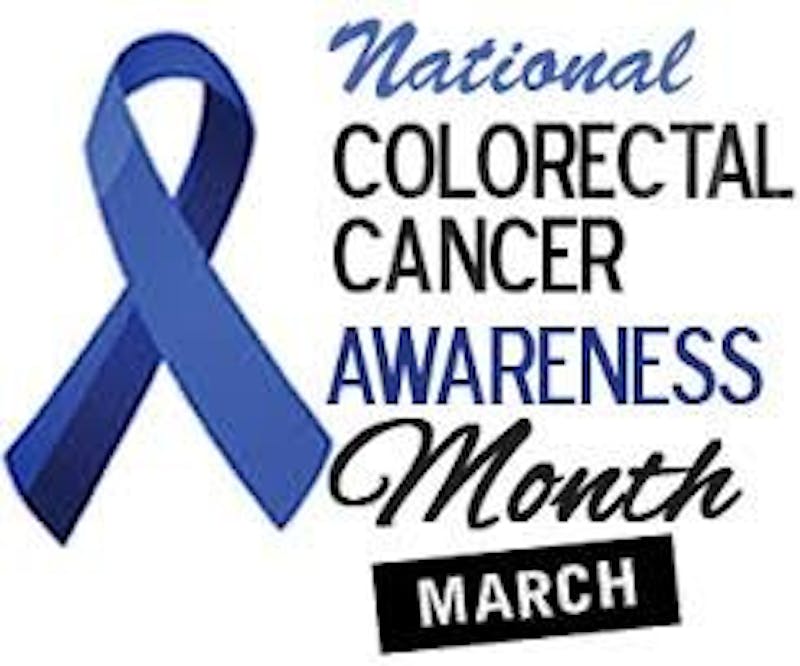
In the year 2000, then-President Bill Clinton signed a White House Proclamation officially designating March as “Colon Cancer Awareness Month.” Over the last 18 years, the observance helped raise awareness about the seriousness of the disease, its symptoms and how preventative measures can be taken to reduce risk.
Among cancers affecting both men and women, colon cancer is the second leading cause of death in the United States. It touches all racial and ethnic groups and is most often diagnosed in patients over age 50.
Colon cancer is also one of the most successfully treatable cancers when detected in the early stages. It develops from precancerous growths (polyps) that form in the colon. Most growths found through a colonoscopy can be removed, which halts their progression to colon cancer.
The key to preventing colon cancer is regular screening, beginning at age 50 or earlier if recommended by your doctor.
What are the symptoms of colon cancer?
Many patients with precancerous polyps or colon cancer do not have symptoms. Others may experience the following:
- Irregular bowel movements
- Changes in frequency or other conditions, such as constipation or diarrhea
- Blood in stool
- Unexplained weight loss
- Stomach pain
- Gas, cramps that won’t go away
- Unexplained fatigue
Screening for Colon Cancer
The most common form of colon cancer screening is a colonoscopy.
During the procedure, a highly-skilled surgeon will guide a thin, flexible camera into the colon through the rectum. The scope inflates the colon with air to give the surgeon a better view. If any polyps are found during your colonoscopy, they will be removed and sent away for testing. The surgeon will also remove any other abnormal tissue that may warrant a biopsy. For most patients, a colonoscopy takes 30 minutes to an hour, depending on whether any polyps are removed.
Everybody between the ages of 50-75 should be screened for colon cancer, though there are several reasons to consider colon cancer screening at an earlier age, including:
- A family history of colon cancer or colon polyps
- Inflammatory bowel disease causing colitis
- Genetic syndromes, such as hereditary nonpolyposis colon cancer (Lynch), familial polyposis, or Gardener’s
Reduce Your Risk
In addition to getting screened starting at age 50, certain healthy steps can be taken to help prevent colon cancer, including:
- Not smoking
- Exercising
- Eating a low-fat diet rich in fruits, vegetables and whole grains
- Limiting alcohol consumption
Schedule Your Colonoscopy Screening
Colon cancer is expected to cause about 60,000 deaths in the United States this year. The American Cancer Society believes the death rate could be cut in half if Americans followed the recommended screening guidelines.
As Wisconsin’s largest private surgical practice, Surgical Associates’ board-certified physicians make it easy and convenient to screen and prevent colon cancer. For more information or to schedule your colonoscopy, call 715-847-2022.
Do you qualify for a FREE or reduced-cost colonoscopy screening?
As part of the Affordable Care Act, colonoscopies are often mostly or fully covered by private insurers and Medicare. Eligibility is determined by a number of factors, including your age, family history, personal health history, and insurance plan. To find out if you qualify for a free or reduced-cost colonoscopy, take Stop Colon Cancer Now’s Free Colonoscopy Quiz here.


